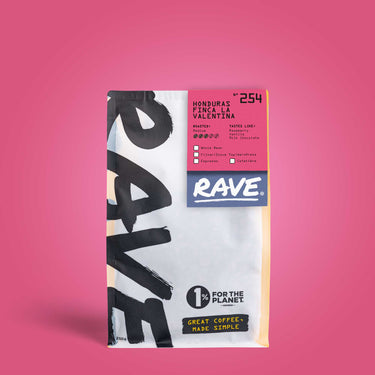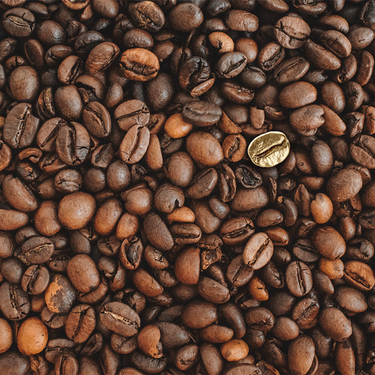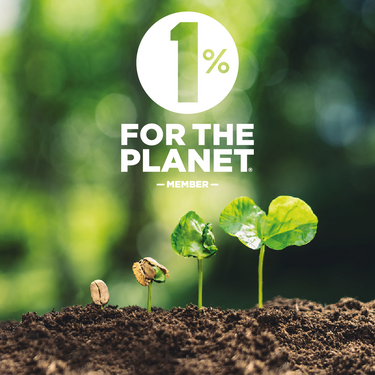Honduras – Altos de Erapuca Organic
FARM – Altos de Erapuca
ALTITUDE –1,360 masl
LOCATION – Copan on the slopes of the Erapuca Mountain
PREPARATION – Wet processed
VARIETY – Catuai
OWNERS – Carlos Refrain Paz Sevilla
CERTIFICATION – Organic and RFA
HARVEST – Main crop – November to February
SHIPMENT – April to May
No one knows for sure exactly when coffee first reached Honduras, but it is believed that seeds may have arrived from Costa Rica between 1799 and 1804 amongst the goods brought by travelling merchants. Today, coffee plays an important role within the national economy and has great potential for growth and quality improvement.
In the coffee world’s hall of fame, Honduras is rarely found at centre stage. When it comes to coffee the country is more likely to be found standing in the shadows of its more illustrious neighbours, Guatemala, Costa Rica and El Salvador. And yet on paper the reputation of Honduras should be up there with those countries, since it has the same conditions to produce very good coffees: high altitude, volcanic and fertile soils, an ideal climate and plenty of expertise. Sadly however, a lack of investment and inadequate infrastructure means that we must work extra hard to find the top speciality coffees that Honduras offers.
Finca Altos de Erapuca – Honduras
Finca Altos de Erapuca is a new coffee farm and was established in 2008 and in December 2014 only its second crop was harvested. Previously the land had been given over to cattle but with an altitude of 1,300 to 1,360 meters above sea level, owner Carlos Refrain Paz Sevilla, recognised the land’s great potential for producing coffee. With many years’ experience in coffee, through the management of other family farms, Carlos planted the farm entirely with Catuai making the farm something of an oasis in a land of Cattimore – the varietal that has greater rust resistance but much less complexity in the cup.
The farm is located in Copan, on the slopes of Honduras’s second highest mountain – Erapuca. It’s a dramatic volcano-like mountain with its conical shape and though the slopes don’t benefit from mineral rich volcanic ash, the land is fertile with rich soils. The mountain’s peak reaches 2,255 meters above sea level. Finca Altos de Erapuca is a big farm since there are 264 hectares of protected rainforest but upon 24 hectares there is an abundance of healthy looking catuai. There are some signs of rust, as in almost all cases in Central America, but Carlos is managing it well enough to expect a crop of around 2 containers between December and March when the coffee will be harvested. Carlos believes he must protect the land for future generations and has made the brave step of running the farm in compliance with organic production rules and methods. Finca Altos de Erapuca is now both Rainforest Alliance and Organically certified.
The coffee is fertilised three times per year and the harvest begins in December but in earnest in January and February with shipments starting in April. Rust is controlled on a 25 day spraying cycle and September is the worst time for occurrence of rust – during the rainy season. Only compounds permitted by the organic certifiers can be used, making the fight against leaf-rust even tougher. There is a house for permanent staff on the farm which is powered by solar energy but other than this the farm is simply natural rainforest and a little coffee.
Following careful red cherry selection by specially trained pickers, the post-harvest operations of washing, drying and milling take place further down the mountain.
It is clear that Carlos is setting high standards with a desire to penetrate the growing speciality market. Though much of his coffee was exported in 2014 to a faceless USA importer (it was sold via local middle-men) he did produce a few tiny micro-lots for a Japanese client.
Once the coffee is picked it is trucked down the mountain to a wet mill called Empresa Vecinos del Trigo where it is pulped and washed in a Penagos Eco pulp drier. From there the coffee will be delivered to Aruco, a dry mill with large patios and a bank of mechanical driers also. A combination of the two is used where the coffee first goes to patio until the moisture content reaches 43%, after which is goes to the driers (Guardiolas) – which are maintained at 35 C for a period of 35 to 40 hours until the moisture content falls to 11 to 12 percent.
The coffee then goes to the Santa Rosa Beneficio for parchment removal and a final defect removal (by hand or machine) before being packed in hessian sacks lined with Grain Pro and is then prepared for export.
Acidity – 7.75 to 8.5 A lively, pointed acidity. Clean, sharp and pleasing
Sweetness – 7.5 to 8 Good sweetness – will enhance espresso blends.
Character – 8 to 8.5 Lemony, hints of butter caramel with sweet orange on the finish
Body – 7 to 7.5 Medium body, a darker roast will enhance this.
Balance – 7.5 to 8 Excellent balance






